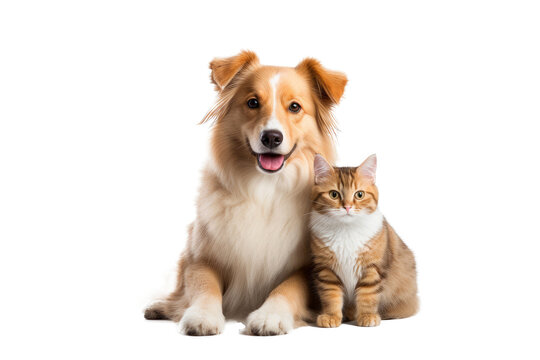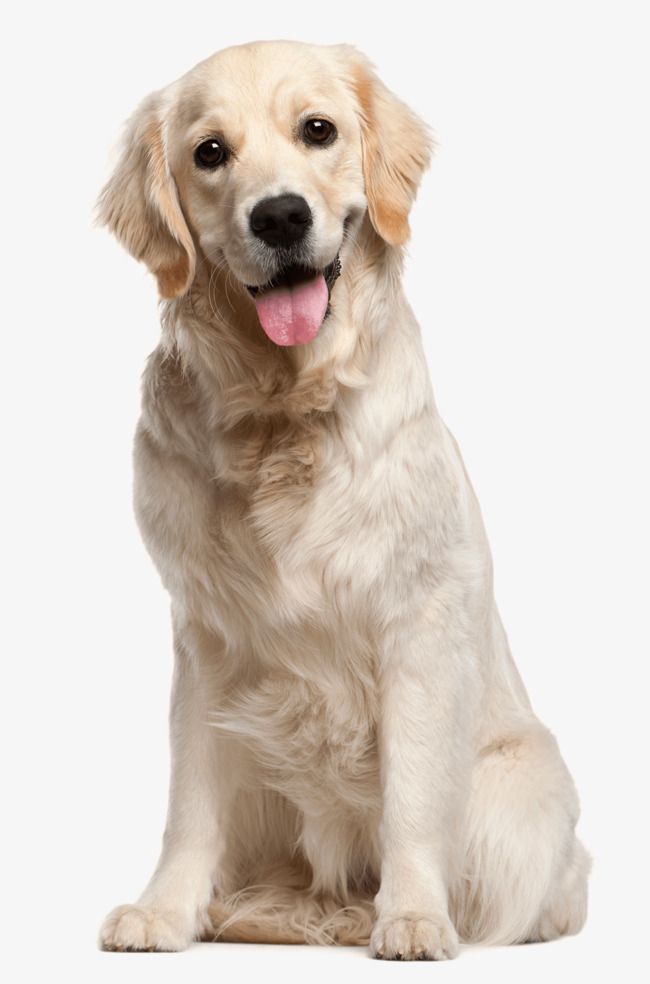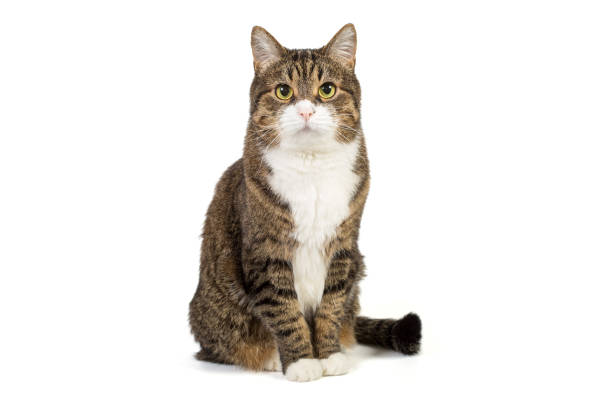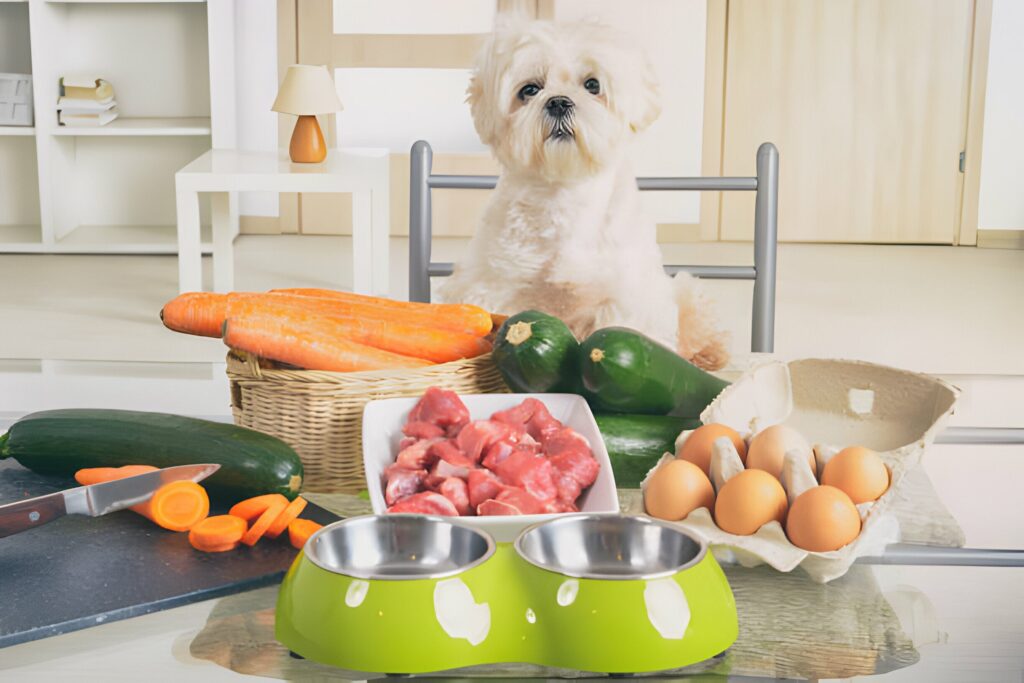
Hello and welcome! To maintain great health and happiness in your pet, understanding their nutrition, whether you are a new pet owner or a experienced one, is of foremost importance. Today we are looking at the nutrition needs of cats and dogs, focusing on feeding, avoiding, and addressing their special needs.
Let’s get started!
Nutrition Tips for Dogs:

- Choose a High Quality Dog Food Make sure the commercial dog foods you buy list meat as the first ingredient and are approved by the Association of American Feed Control Officials (AAFCO). Foods with fillers such as corn, soy, or meat by-products are better avoided.
2. Understand Life Stage Requirements Nutrition can differ for puppies, adults and senior dogs. For example, puppies require additional protein and calories, while seniors can benefit from joint supplements and special, lower calorie formulas.
3. Watch the Treats Treats should not exceed 10% of your dog’s daily calories. Healthy treats include small bits of cooked chicken, carrots, or low calorie commercial treats.
4. Avoid Harmful Foods Dogs must never be fed the following foods:
Chocolate Grapes and raisins Onions and garlic
Xylitol is an ingredient in sugar-free products.
5. Consider allergy and chronic condition diets. Dogs suffering from allergies, obesity, or chronic conditions like diabetes may require a prescription diet or more specialized food. Consult your veterinarian prior to making a switch.
Nutrition Tips for Cats :

1. Cats Are Carnivores Cats are obligate carnivores, meaning they have to eat meat. Their diet should include animal protein and taurine, an essential amino acid which they cannot produce on their own.
2. Selecting Food Types Wet food is better for hydration and is more beneficial than dry food because cats tend to drink very little. A combination of dry and wet food may be a balanced approach, but ensure that the food contains high protein and low carbohydrates.
3. Portion Control is Essential A common problem for many indoor cats is obesity. Follow instructions from the packaging or consult your vet for tailored advice based on your cat’s age and weight.
- Recognize Poisonous Food Items Never feed cats:
Onions and garlic Chocolate Alcohol Caffeine Dog food (it lacks taurine and other essential nutrients)
- Maintain Hydration Cats are prone to urinary tract issues, so encouraging water intake is particularly important. Consider using a pet water fountain to improve their hydration.
General Nutrition Advice Applicable to Both Dogs and Cats Avoid Undirected Homemade Diets:

Home-cooked meals may lack vital nutrients, and will often require a veterinary nutritionist’s guidance. Free feeding should be replaced with measured feeding: This will promote a balanced daily routine and prevent obesity.
Monitoring Body Condition:
Obesity is a serious health risk. You should be able to feel, but not see, your pet’s ribs and waist. Transition Slowly to New Food: A mix of old and new food should be offered for 7–10 days to prevent digestive disruption.
Conclusion:
Providing proper meal portions alongside good quality food enables your dog or cat to lead a long and healthy life. Don’t forget that your vet is the best resource to help adjust the diet to fit the specific needs of your pet. Thank you for joining us today. If you found this video helpful, do remember to share it with a fellow pet enthusiast. As always, stay pawsitive🐾 and keep your pets healthy.